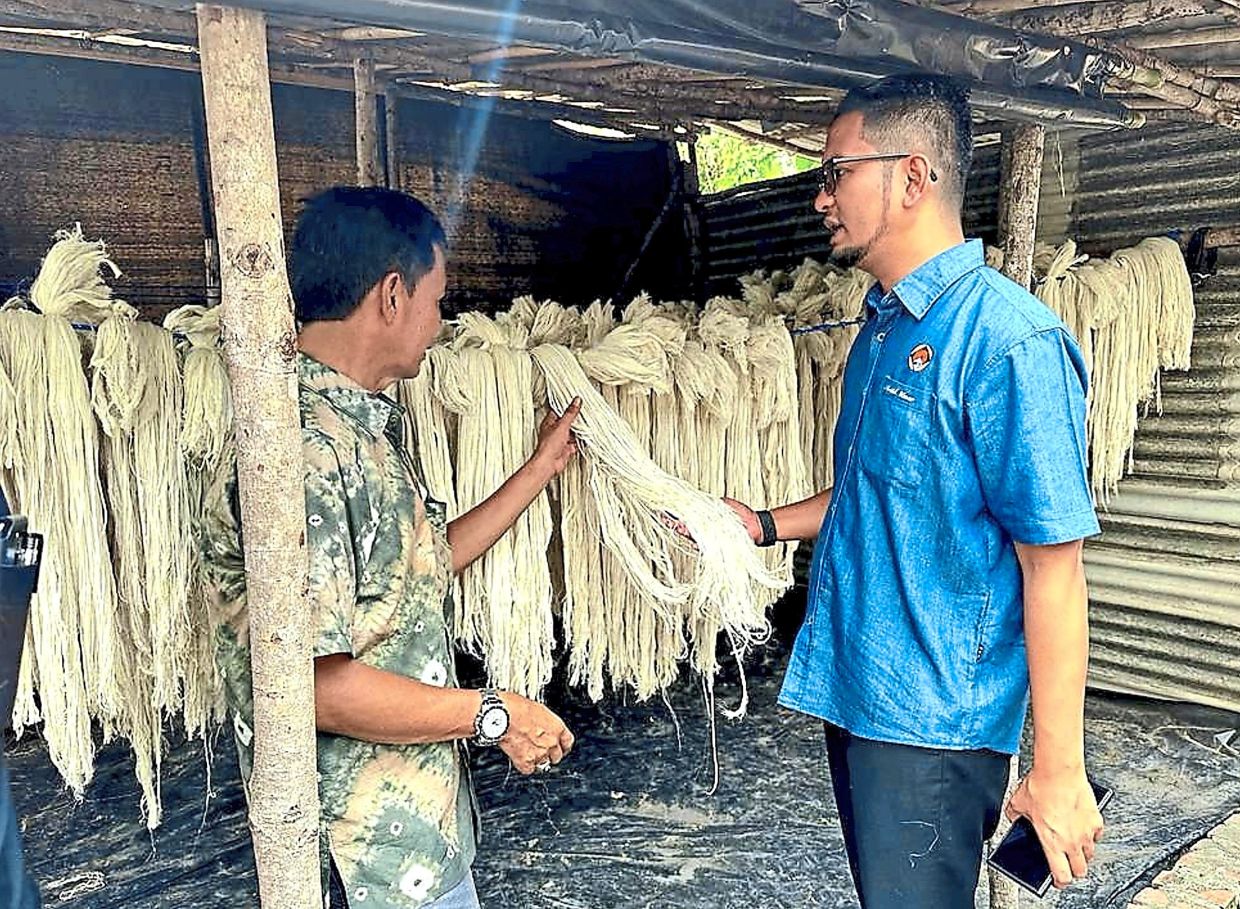
More than 3,300 farmers in Malaysia are benefiting from the growing global demand for Malaysian pineapples. According to the Malaysian Pineapple Industry Board (MPIB) chairman Sheikh Umar Bagharib Ali, local pineapples have high export potential. The board set an export target of RM1bil by 2025 under the 12th Malaysia Plan (RMK12), but the target was surpassed in 2021 with Malaysia’s pineapple export value reaching RM1.106bil. In 2022, the export value increased to RM1.148bil, demonstrating the demand for Malaysia’s pineapple-based products overseas. Johor, Sarawak, and Pahang have the largest pineapple plantations in the country.
Johor is the leading player in pineapple farming, with 11,398ha, followed by Sarawak with 2,288.7ha and Pahang with 1,361.86ha. In 2022, the total land area for growing pineapples in Malaysia was 17,803ha. Malaysia exports pineapples to 20 countries, including Singapore, the United Arab Emirates, Egypt, China, and Japan. Malaysia ranks 24th globally among pineapple-producing countries and fifth within Asean countries.
Pineapple growers in Malaysia are able to satisfy local demand for fresh pineapples, which is high due to awareness of the fruit’s nutritional value. However, they are currently unable to meet the demand of foreign markets. The introduction of sweet and juicy pineapple variants such as MD2 and Selangor Sweet has increased the fruit’s popularity in Malaysia. The Agriculture Department has registered 16 types of pineapples.
Pineapple-based products exported by Malaysia include canned pineapples, pineapple juice, ornamental pineapples, and pineapple-flavored agro-based items. The Malaysian Pineapple Industry Board is planning to bring the Sarawak Gold 1 (SG1) variety to Peninsular Malaysia, as it has great potential and can be a game-changer in the country’s pineapple industry. SG1’s size allows for increased planting capacity and yield per acre, and it is suitable for juicing.
In comparison to other variants, SG1 has a shorter harvesting time, taking only nine months. The turnover for SG1 is better than other variants, as it can speed up and increase farmers’ income. The Malaysian Pineapple Industry Board plans to conduct further studies and explore SG1’s potential for downstream products. The pineapple industry has attracted the attention of industry players in Malaysia’s agrofood sector.
The board is working closely with state governments and several companies to encourage youth involvement in pineapple farming. They have introduced the “anchor company” system, where private companies collaborate with youths. The pineapple plant has numerous uses, including consumption, cooking, making by-products like pineapple thread, which can be used for fabric, and processing pineapple leaves into paper and pulp for growing mushrooms. The enzyme found in pineapples is used in medicine production and in the cosmetics industry.
Credit: The Star : Metro Feed







